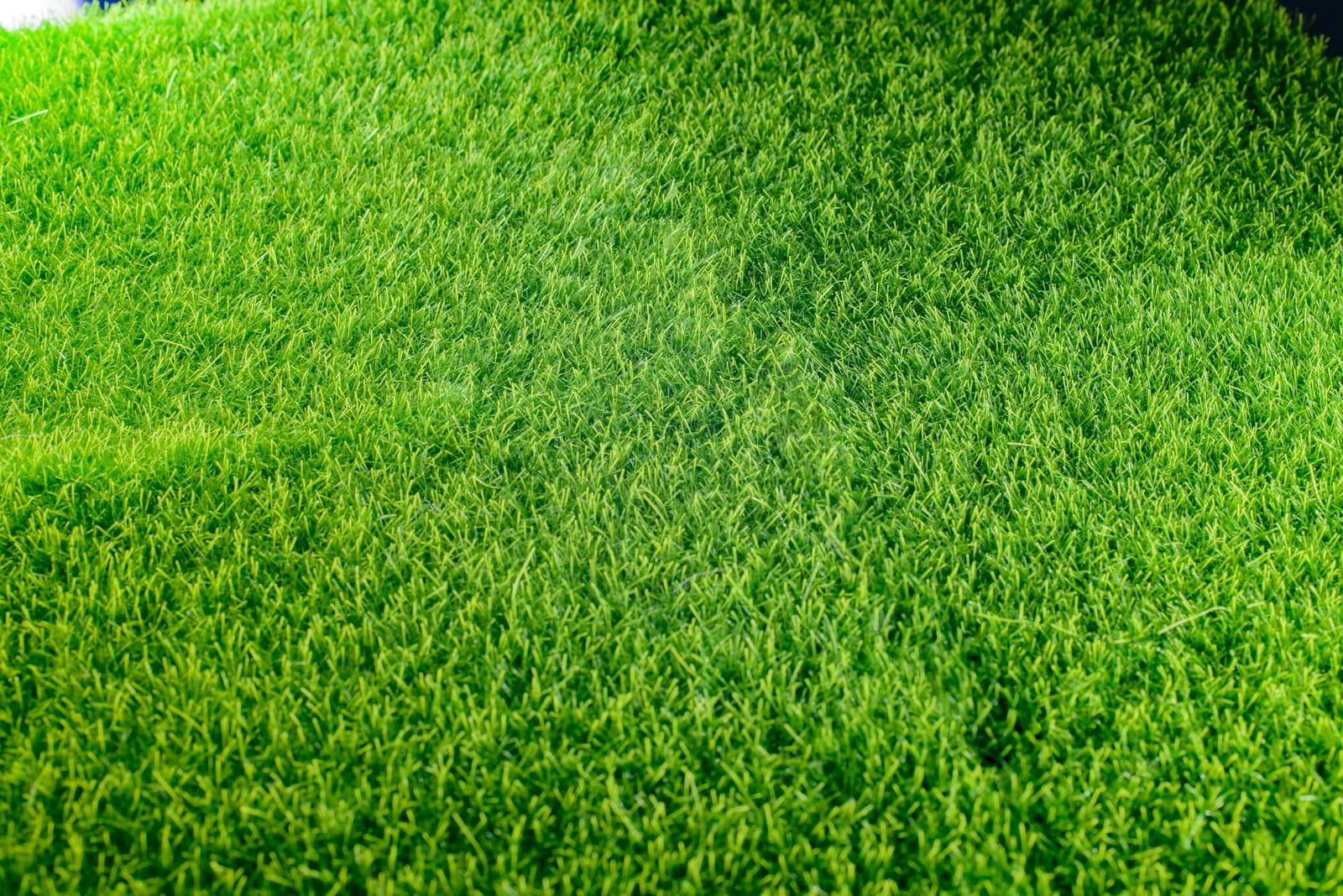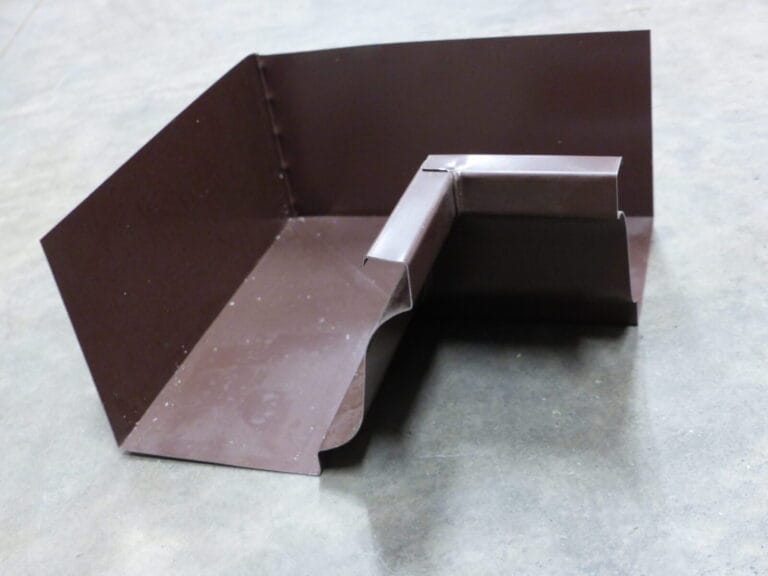How often can I apply sulfur to my lawn?

If you’re tired of seeing yellow patches, brown spots, and wilted grass in your lawn, then sulfur might just be the solution for you! This chemical element is a popular soil amendment that can help lower pH levels, reduce alkalinity, and promote healthier plant growth. But before you start sprinkling sulfur all over your yard like fairy dust, it’s important to know how often to apply it to avoid any unintended consequences. In this blog post, we’ll explore the best practices for using sulfur on your lawn so that you can enjoy lush greenery without damaging your soil or plants. Let’s dive in!
What is sulfur and why is it important to lawn care?

Sulfur is an important nutrient for lawn care, as it helps to break down organic matter and increase soil fertility. Too much sulfur can be harmful, however, and over-application can cause brown patches on the lawn or plant growth that is stunted. It’s important to read the product label before applying sulfur to your lawn, and to follow the instructions carefully.
How often can I apply sulfur to my lawn?

Sulfur is a natural component of the Earth’s atmosphere and can be found in soil, water and plants. It is also present in many fertilizers and pesticides. Sulfur helps to improve the growth of plants and protect them from pests.
Applying sulfur to your lawn every three to four weeks is a good way to protect it from weed growth, insects and other pests. You can apply sulfur either as a liquid or granular product. Liquid sulfur will evaporate quickly, so you should apply it when the temperature is above 60 degrees Fahrenheit.
Granular sulfur will stay on the ground for longer, soapply it in cool weather or during periods of low traffic.
How to apply sulfur to your lawn

Sulfur is a naturally occurring element that can be applied to lawns to help in the removal of weeds, pests and other unwanted plants. It is important to read the instructions that come with the sulfur product before applying it to your lawn, as each brand has its own specific application method. To apply sulfur to your lawn: 1. Pour the sulfur into a spray bottle. 2. Add water to the mixture until it reaches a consistent liquid form. 3. Apply the sulfur solution directly to the weed or plant growth you want to be eliminated. 4. Allow the sulfur solution to work for at least 30 minutes before mowing or brushing it off of the lawn surface.
What are the benefits of applying sulfur to your lawn?

Sulfur has been used for a long time to treat plant diseases and improve the overall health of plants. Now, there are many benefits to applying sulfur to your lawn. One benefit of sulfur is that it can help reduce the number of weeds in your lawn. Sulfur also helps control moss, algae, and other unwanted plants in your lawn. It can also improve turf color and texture. Lastly, sulfur can kill certain pests such as aphids and whiteflies.
How often should you add sulfur to soil?
Sulfur is an important element for plant growth and is often deficient in soils. Sulfur can be added to the soil as elemental sulfur, sulfate, or organic sulfur. The best time to add sulfur to the soil is in the fall, before planting. This gives the sulfur time to convert to sulfate, which is the form of sulfur that plants can use.
Does sulfur damage grass?
Sulfur is a non-essential element for plants, meaning that they don’t need it to survive or grow. However, it can be beneficial for grasses in some situations. Sulfur can help grasses to develop a deeper, greener color and can also make them more resistant to disease.
That being said, too much sulfur can damage grasses. Sulfur can burn the leaves of grasses, causing them to turn yellow. It can also make the grass more susceptible to disease and pests. If you think your grass has been damaged by sulfur, you should stop using it and contact a professional.
Does sulfur help grass grow?
Sulfur is an important element for plant growth. It helps in the formation of chlorophyll, which is necessary for photosynthesis. Sulfur also helps to improve the uptake of other nutrients by plants. However, too much sulfur can be harmful to plants. It can cause leaf scorch, root rot, and other problems. The best way to determine if your soil needs sulfur is to have it tested.
What happens if there is too much sulfur in soil?
If there is a high concentration of sulfur in the soil, it can cause an increase in the amount of salts. This can lead to your plants becoming stunted and dark in color from salt damage.
How long does sulphur take to work in soil?
Sulfur should be applied and incorporated at least a year before planting. This allows the sulfur time to react and lower the soil pH before planting. Do not assume that the change can be completed in a short time.
Can you put too much sulfur in soil?
If you use too much of something, it often results in a decrease in quality. For example, if you use too much sulfur, it will result in a decrease in soil pH. This decrease in pH then causes an increase in problems.
Conclusion
Sulfur is an important tool for Lawn care. It helps control weed growth, and it also prevents the browning of the lawn due to the action of sunlight on the grass. Make sure to apply sulfur on a regular basis in order to get good results from your lawn care efforts.
Enjoy This Article? You May Also Like:






